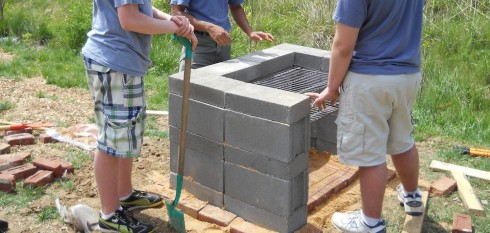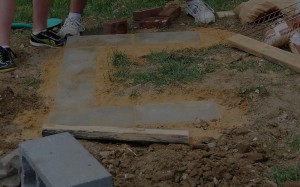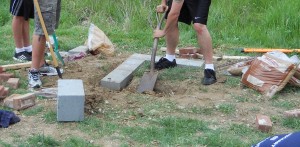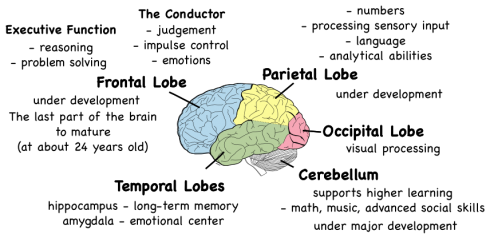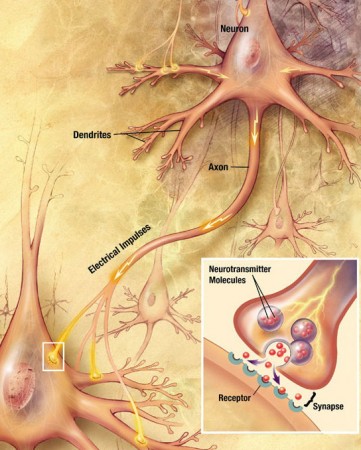… cramming—short-term memorizing—does not contribute to retention or transfer [my emphasis]. It may, however, yield positive short-term results as measured by exam scores.
— Jaffee, 2012: Stop Telling Students to Study for Exams in The Chronicle of Higher Education.
It’s getting close to the end of the academic year, and exams are coming up. David Jaffee advocates that we stop telling students to study for their exams; they should, instead, study for learning and understanding.
Jaffee especially piles on on Final Exams:
This dysfunctional system reaches its zenith with the cumulative “final” exam. We even go so far as to commemorate this sacred academic ritual by setting aside a specially designated “exam week” at the end of each term. This collective exercise in sadism encourages students to cram everything that they think they need to “know” (temporarily for the exam) into their brains, deprive themselves of sleep and leisure activities, complete (or more likely finally start) term papers, and memorize mounds of information. While this traditional exercise might prepare students for the inevitable bouts of unpleasantness they will face as working adults, its value as a learning process is dubious.
The alternative to exams, Jaffee suggests, is formative and authentic assessment.
